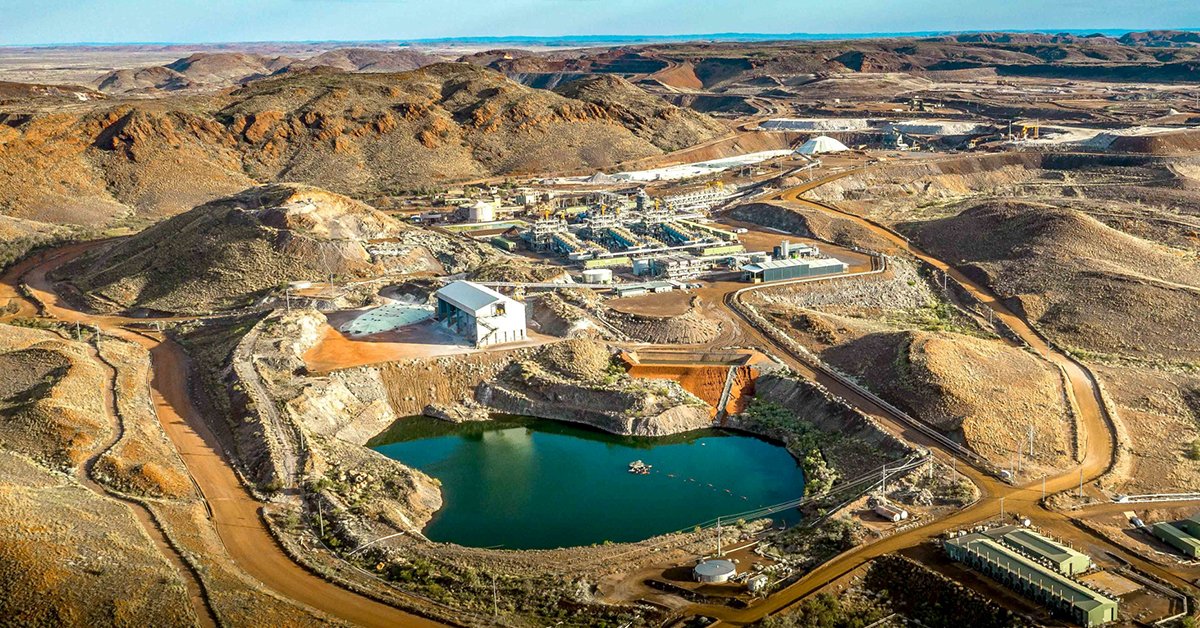A new report from the Sydney-based Jubilee Australia Research Centre warns the race to capitalise on “staggering” demand projections for key transition minerals and to ensure the security of supply chains means Australia could be digging up more critical minerals than necessary.
The release of the report, which questions global mineral demand projections, comes as the Australian government prepares a revised critical minerals strategy, with a plan to accelerate the growth of the sector as part of efforts to reach net-zero emissions and break China’s domination of the sector.
Jubilee Australia Research Centre Executive Director Dr Luke Fletcher has however urged the government to pause and reflect so the new mining push does not repeat the mistakes and damage of past mining booms.
“It is critical that we adopt a smarter and more efficient approach as we look to exploit another resource,” he said.
“While the government’s strategy to make Australia a renewable energy superpower will validly speed up the transition from a fossil fuel-based export economy, extracting these key transition minerals will cause significant social and environmental damage if we don’t manage it correctly.”
Transition minerals, such as lithium and copper, will be vital to provide the technological components – including wind turbines, solar panels, and batteries both for storage and for electric vehicles (EVs) – that will make global decarbonisation possible.
The International Energy Agency (IEA) has projected that mineral demand for clean energy technologies will increase four-fold by 2040, while the rate of demand for lithium could outpace supply as early as 2031.
Australia has understandably become a site of extreme interest when it comes to the acquisition of transition minerals. It is the world’s largest producer of lithium, a leading producer of cobalt and rare earth elements, and has abundant reserves of other key transition minerals such as manganese, nickel and copper.
Jubilee said the mining industry in Australia and elsewhere is using the narrative about the need for new mining for the energy transition to justify a new boom but said “there are three equally important reasons why we should pause and reflect before we rush headlong into a new orgy of mining extraction on this continent.”
“First, the amount of minerals needed for the transition remains contested,” the organisation said. “Second, we must consider the social and cultural impacts of a ‘mine first, ask questions later’ policy. Third, it will be important to weigh up the environment impacts of a new rush to mineral extraction in this country.”
The Jubilee report calls for the federal government to interrogate demand projections, investigate social and environmental impacts, and develop strategies and policy alternatives to viably reduce mineral demand.
Fletcher, lead author of the report, said that recycling minerals in lithium-ion EV batteries, which are up to 90% recoverable and are recycled in Australia at a rate of under 10%, could cut demand by half and generate another viable industry, while policies that reduce car dependence and improve mass transit could slash dependence on the batteries by a staggering 71%.
“EV batteries are a clear example where demand for lithium, nickel, cobalt and manganese could all be reduced by a much stronger commitment to recycling, reducing the size and type of EVs available, and developing batteries based on minerals that are more abundant and less damaging to mine, such as potassium, sodium and carbon,” he said.
“While it makes economic sense to create jobs and wealth for Australians by keeping more of the processing of our critical minerals onshore, we need to make policy choices now that uphold the sustainable extraction of natural resources.”
This content is protected by copyright and may not be reused. If you want to cooperate with us and would like to reuse some of our content, please contact: editors@pv-magazine.com.









By submitting this form you agree to pv magazine using your data for the purposes of publishing your comment.
Your personal data will only be disclosed or otherwise transmitted to third parties for the purposes of spam filtering or if this is necessary for technical maintenance of the website. Any other transfer to third parties will not take place unless this is justified on the basis of applicable data protection regulations or if pv magazine is legally obliged to do so.
You may revoke this consent at any time with effect for the future, in which case your personal data will be deleted immediately. Otherwise, your data will be deleted if pv magazine has processed your request or the purpose of data storage is fulfilled.
Further information on data privacy can be found in our Data Protection Policy.